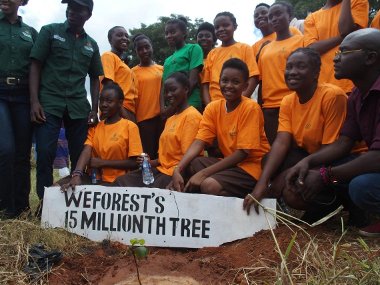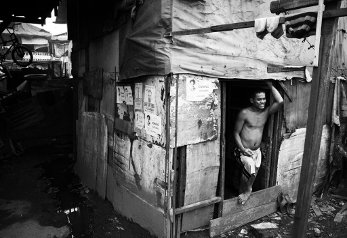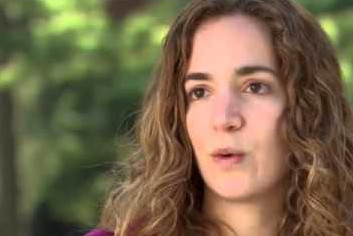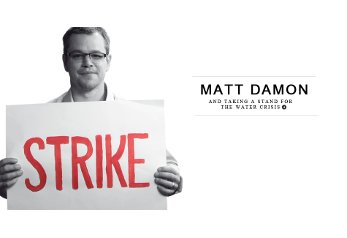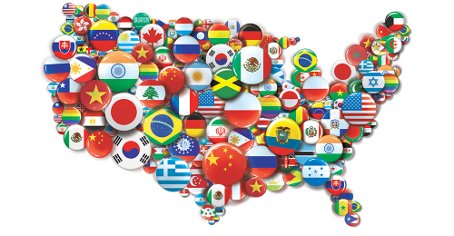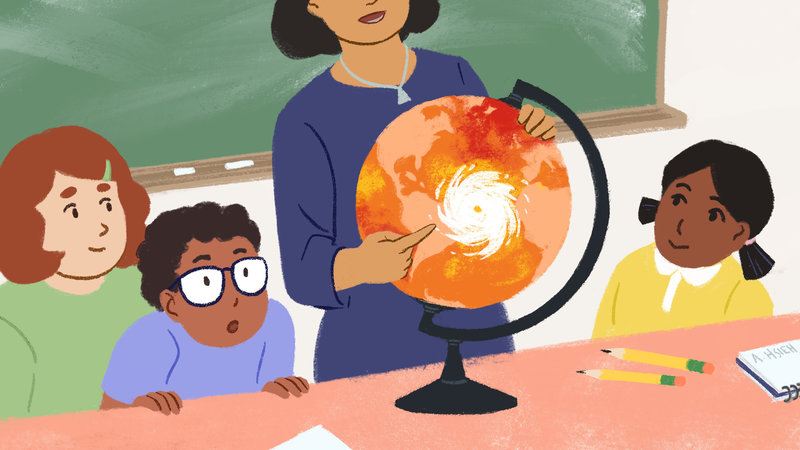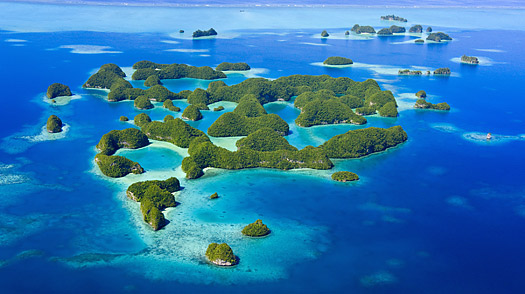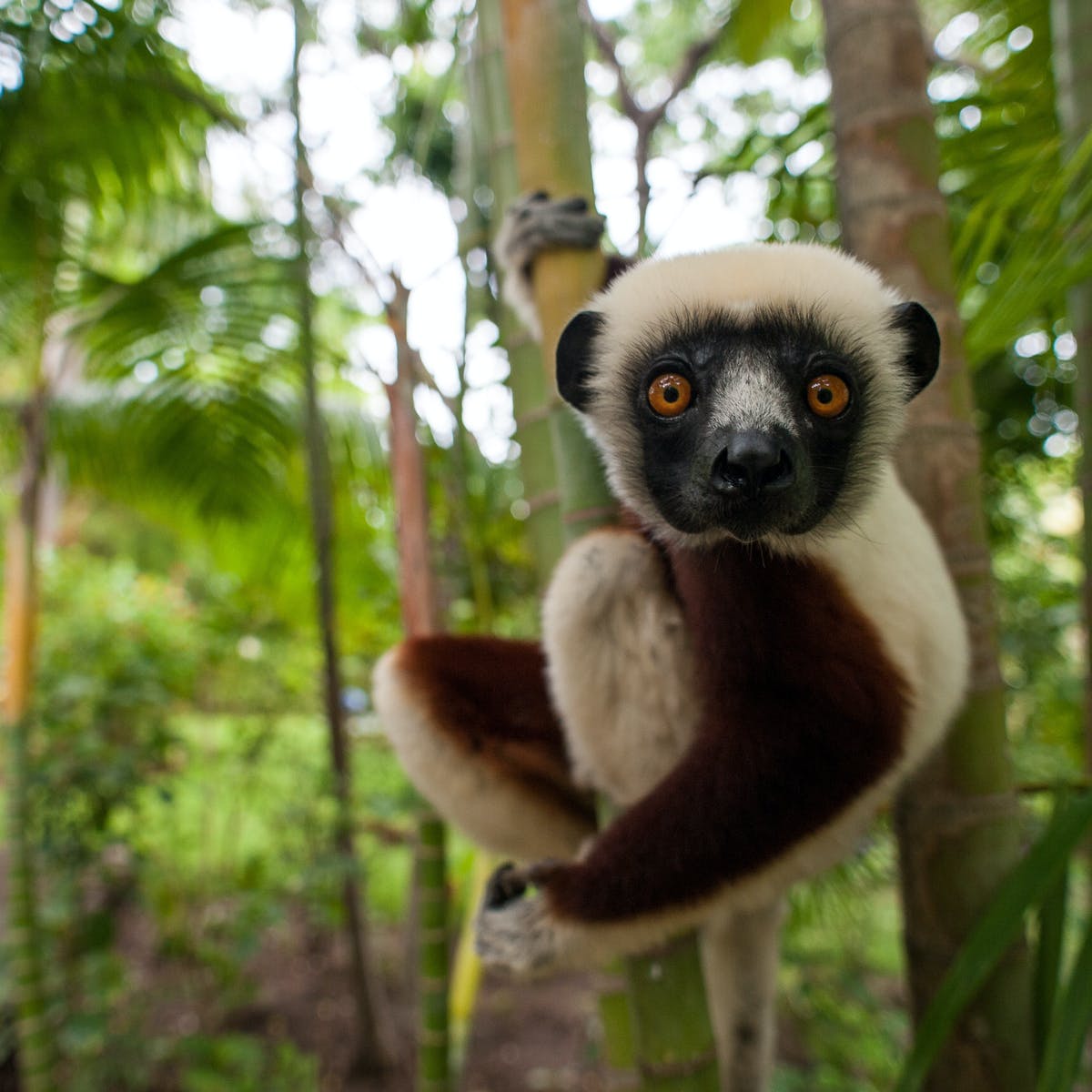
We have seen some astonishing effects on the environment during the pandemic period: skies clearing over China, fish returning to Venetian canals, animals roaming in cities. What are your thoughts on this?
Animals in general (apart from a few species) have been oppressed, harassed, scared away or directly killed from human activity of all kinds. The less humans are active, the better it is for wildlife. They can now use habitats that were formerly human-infested. If we wanted to design a virus that would have a beneficial effect on non-human nature and at the same time kill as fewer humans as possible, we could not end up with something better than the Covid19.
Do humans need to do less, to simply keep away, or become more intelligent about what they do to help the environment?
Humans need to do as little as possible, travel less, consume less. The theory that we can produce enough clean energy to continue our life as it is (was before the virus) is false and misleading.
Do you think that people will notice the direct link between human activity and the effects on the environment? Do you think this period will win some people over to the environmental cause?
Some have already. But I am afraid it is the same minority that already had eyes and ears ready to see. A vast majority still has no understanding of the problem, or has but does not care.
Do you think that environmental pollution leads to many more deaths than a pandemic? Should we also be scared, or more scared, about the environment than about the next pandemic?
I once witnessed a falcon attacking a flock of pigeons. It took one. The others remained silent and hidden for a while. When things seemed quieter, they returned to their normal behavior. That is what we are also. We may panic. We may react, but never take long- term measures, we don’t care about threats demanding sacrifices for a safer future. We simply cannot do otherwise.
On the evolutionary level, we are still hunter-gatherers, living day to day, ignoring the effect our own way of life has on our future. We see the environment as an external factor, mostly unrelated to us. There is no climate change. The term is meant to be passive. There are only climate changers just as beavers are river changers with their dams. Hunter-gatherers would have disappeared without evolving their technology, but they (we) did not evolve our consciousness. After a period when humans were a threatened species, they led many species to extinction, they are still doing so. They also exterminated other human relatives.
This is not to say that if another animal were to lead another species to extinction it would not do it, it just means we are not more evolved than an average cat. We are just better at it. Collectively and at the macroscopic level at least, and in spite of a minority of philosophers, environmentalists, scientists, nothing has changed but the method (technology) is just better. But in the long run, the system is finite. Those who know it, are already talking about migrating to another planet, hoping to start again the only thing we can do: destroy.
So we won’t do much to prevent ecosystems collapse, but a virus can stop us and offer us some time. It already has. It is our straitjacket. From a certain perspective, we should say “thank you” to the virus and be scared about our environment. We are our own monsters.
Philip Dragoumis studied philosophy and art. Apart from being involved in art (mostly music, and some painting) and writing a couple of books, he was a wildlife rehabilitator for 16 years. He is a birdwatcher and active in habitat protection, mostly rivers.


